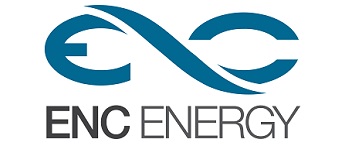Hydrogen is a colourless and odourless gas; it is the most abundant element in nature, however, it is not found in its pure state: it has to be produced.
The fact that hydrogen is a fuel that has to be produced and not a resource is an advantage; its local production and distribution provides security in energy supply and sustainable development.
Traditionally, the most widespread method for large scale hydrogen production in the industry has been the chemical process of hydrocarbons reforming but nowadays other methods as water electrolysis or renewable fuel reforming (biogas, bioethanol, etc.) are being optimized and implemented in the industry depending on the final user and the application requirements.
It can be used as a high value-added reagent in a number of different chemical industries, as a sustainable alternative to the current fossil fuels in transport or as a storage solution for renewable energies. Obtaining hydrogen from renewable resources classifies it as a renewable resource.
Hydrogen is a combustible gas; it can burn, in the presence of oxygen, leading to thermal energy, with water as the only residue.
It is, therefore, a clean fuel, that does not emit CO2 when used.
One of the main pillars of the Hydrogen Economy is the widespread use of this gas as an alternative fuel for road transport.
Different countries have already developed a positioning strategy in the case of hydrogen as an alternative fuel; prominent among them, the American strategy and the H2Mobility initiatives in Europe.
The use of hydrogen from renewable sources, by means of a methanation process, to produce a clean, sustainable and local “natural gas” (methane) gives rise to the “Power to Gas” (P2G) initiatives.
Energy generation from hydrogen
Fuel cells are electrochemical devices that produce electricity, heat and water from a hydrogen-rich fuel stream.
The reaction is clean and highly efficient, making it ideal for different applications: from small autonomous electricity generation systems to large plants that supply the electricity grid or cogeneration systems.
Similarly, there are specially developed engines and turbines that consume hydrogen to produce electrical and thermal energy.
Fuel cell technologies
There are various types of fuel cell technologies. Broadly speaking, the purer the hydrogen consumed, the more efficient the fuel cell will be in generating electricity (~60 %), the higher the system’s operating temperature (up to 800 ºC) the greater its overall efficiency, making it suitable for polygeneration.








